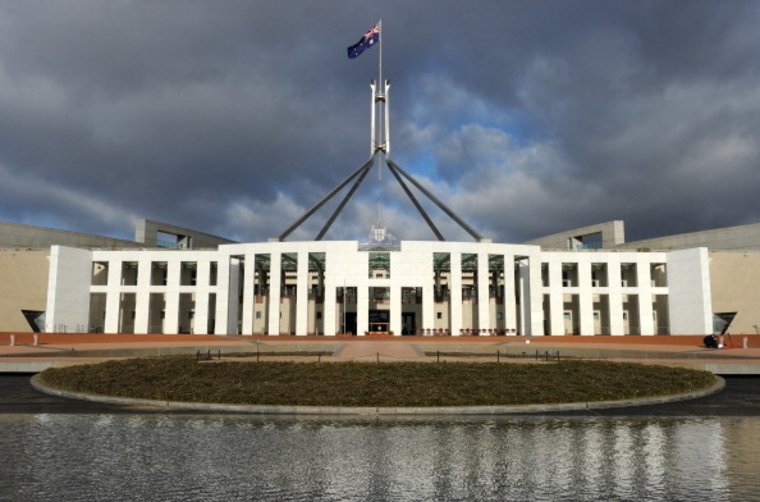With the economy in recession, Prime Minister Scott Morrison should spend less time trying to be popular and attempting to be everyone's friend and more time advocating for the policies that will get Australians back into jobs.
 When he stood up at the National Press Club last week, the Prime Minister could have announced corporate tax cuts, or reductions in red tape, or, if he had really wanted to be bold, that Australia was going to develop a nuclear energy industry.
When he stood up at the National Press Club last week, the Prime Minister could have announced corporate tax cuts, or reductions in red tape, or, if he had really wanted to be bold, that Australia was going to develop a nuclear energy industry.
Instead he talked about organising five working groups to have employer groups and the ACTU talk about industrial relations reforms they might each eventually agree to. Zoom chats between bosses and unions organised by the government might well fulfil what pollsters claim is the public's desire during the coronavirus crisis for "consensus" politics and an end to partisan bickering. But what will be the real outcomes is at this stage difficult to envisage.
To get Australia out of the recession we're now in will require the government to do more than say "we tried". It will need a clear-eyed and hard-nosed understanding of what want to achieve
As was reported this week, Steven Kennedy, the secretary of the Treasury, said at a private meeting of the working groups "it could take five to seven years to bring the economy back to its pre-pandemic state" and with unemployment at up to 9 per cent by 2021.
Given that Australians are constantly being told "we're all in this together", presumably Kennedy will find a forum to share with those 86 per cent of Australian workers who are not a member of a trade union the insights he's willing to discuss at closed-door meetings of bosses and unions.
If there does happen to be something bosses and unions agree on it probably would have happened by now. If there is low-hanging fruit it would have fallen to earth already.
In recent weeks the ACTU has had two opportunities to show it was interested in a different way of doing business ― but it didn't budge an inch.
The Federal Court decision allowing some casual employees access to the entitlements of permanent staff could affect more than 2 million workers, and require employers, many of whom will be small businesses, to make up back pay of up $8 billion in total. As businesses struggle to stay afloat this is the very last thing they need, but of course it was a decision the ACTU welcomed. According to a Roy Morgan poll, one quarter of the businesses that were surveyed said the decision will "deter them from hiring casual employees.
And when the NSW state government attempted in institute a 12-month pause in pay increases for state public servants in return for a guarantee of no job losses, the proposal was rejected out-of-hand by the ACTU. Michele O'Neil said it was as "an insult to thousands of essential workers who had worked to get the state through the coronavirus crisis". It's true that many essential and health workers have performed an incredible job, but NSW has 410,000 public servants. Some are nurses and teachers, and some are administrative officers writing up diversity and inclusion plans.
Admittedly it's early days ― but so far the unions have given up nothing for their privileged seat at the table. On the other hand, as a show of "good faith", the Coalition has shelved the Ensuring Integrity Bill to reform the administration of employer and union organisations. What once the Coalition trumpeted as legislation to protect the interests of Australian employees it is now willing to treat as a mere bargaining chip and a political exercise ― which is what the unions have claimed all along.
No doubt there'll be some good photo opportunities when the Minister for Industrial Relations, Christian Porter, shakes hands (or touches elbows) across the table with ACTU secretary Sally McManus. But the likelihood is that unless McManus experiences some kind of Damascene conversion towards accepting reform to nearly every aspect of Australia's industrial relations system, nice photos is all the Coalition will get from this process.
It is true that talking about reform is better than not talking about it ― but talking isn't doing.
No comments:
Post a Comment